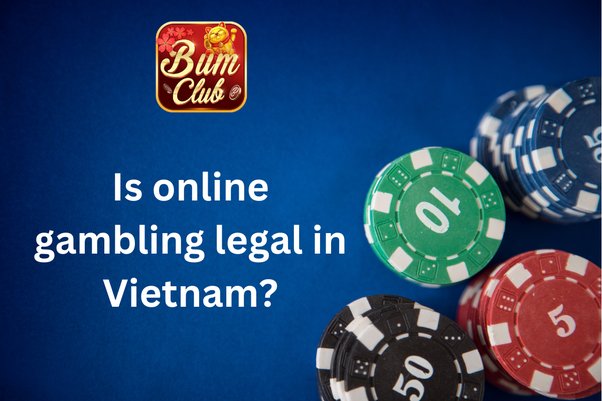
Gambling is a popular activity in many countries, but not all of them have the same laws and regulations regarding it. In Vietnam, gambling has been illegal for most of its history, with only a few exceptions for some games and venues. However, in recent years, the government has been gradually opening up the gambling market to attract more foreign investment and tourism. Here is a brief overview of the history and current situation of legalized gambling in Vietnam.
Gambling in Vietnam has been prohibited for centuries, as it was seen as a social vice and a source of corruption. The only legal form of gambling was the lottery, which was introduced by the French colonial administration in the late 19th century. The lottery is still popular today, with millions of tickets sold every week.
However, despite the strict ban, illegal gambling has been widespread in Vietnam, especially among the locals who enjoy betting on various games and events. Some of the most common forms of illegal gambling include cockfighting, card games, dice games, and sports betting. These activities are often organized by criminal syndicates or underground networks, and can involve large sums of money and violence.
In order to combat illegal gambling and generate more revenue for the state budget, the government has slowly begun to legalize some forms of gambling since the late 20th century. The first step was to allow some casinos and sports betting venues to operate in some major resorts and tourist destinations, but only for foreign passport holders. There are currently eight licensed casinos in Vietnam, with the largest one being The Grand Ho Tram Strip in Hồ Tràm, which opened in 2013 with a US$1 billion investment.
The second step was to experiment with allowing locals to enter casinos under certain conditions. In 2017, the government issued a decree that permitted Vietnamese citizens who are over 21 years old, have a monthly income of at least 10 million dong (US$449), and have no criminal record or family objections to gamble at two designated casinos for a three-year trial period. One of these casinos is located in Phú Quốc Island, and the other one is expected to open soon in Quảng Ninh Province.
The third step was to legalize sports betting for both locals and foreigners. In 2018, the National Assembly passed a bill that authorized betting on international football games, horse races, and greyhound races under the supervision of the Ministry of Finance. The minimum bet is set at 1000 dong (US$0.04) and the maximum bet is one million dong (US$44) per day.
The legalization of gambling in Vietnam has created new opportunities for both domestic and foreign investors, as well as for gamblers who can now enjoy more options and convenience. The gambling industry is expected to grow significantly in the coming years, as more casinos and betting outlets are planned to open across the country. According to some estimates, the gambling market in Vietnam could be worth US$8 billion by 2025.
However, there are also some challenges and risks associated with gambling in Vietnam. One of them is the social impact of gambling addiction, which can lead to financial problems, family conflicts, crime, and suicide. The government has tried to address this issue by imposing strict regulations on gambling operators and gamblers, such as entry fees, age limits, income requirements, bet limits, and self-exclusion programs. However, these measures may not be enough to prevent or treat gambling addiction effectively.
Another challenge is the competition from other countries in the region that have more developed and attractive gambling markets, such as Macau, Singapore, Cambodia, and the Philippines. These countries offer more variety and quality of gambling products and services, as well as lower taxes and fees for operators and gamblers. Therefore, Vietnam may need to improve its infrastructure, legal framework, and marketing strategies to compete with these rivals and attract more customers.
Gambling in Vietnam has undergone a remarkable transformation from being illegal to being partially legalized in recent years. The government has recognized the potential benefits of gambling for economic development and tourism promotion, while also trying to control its negative effects on society. However, there are still many challenges and uncertainties ahead for the gambling industry in Vietnam, which will require careful planning and management from all stakeholders.
July 27, 2024
July 27, 2024
July 27, 2024
July 27, 2024